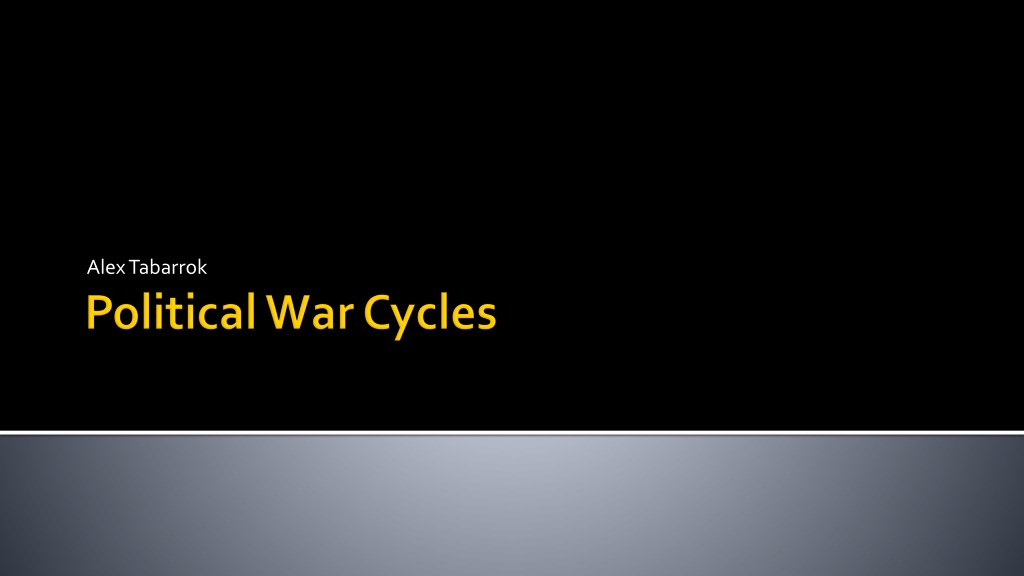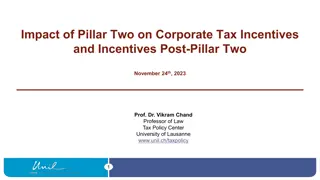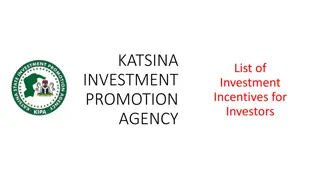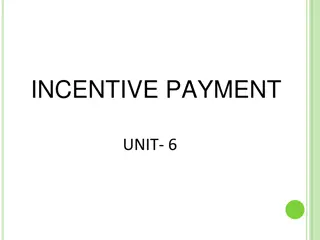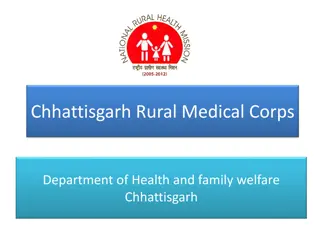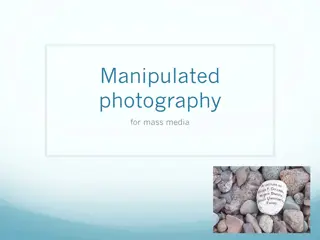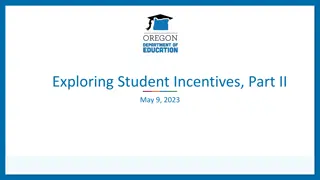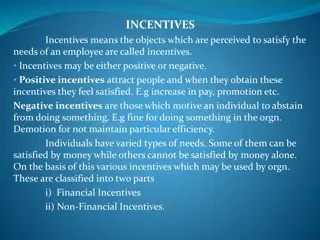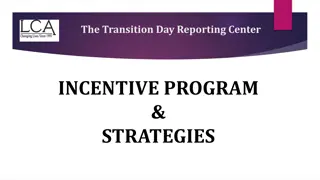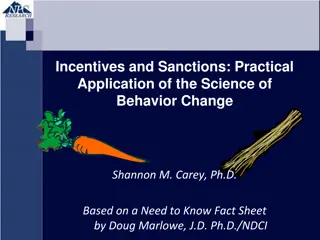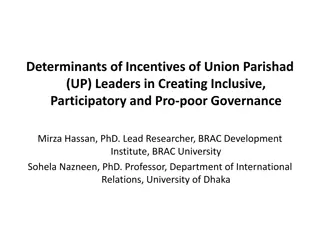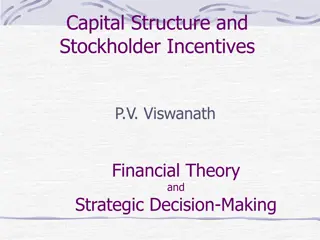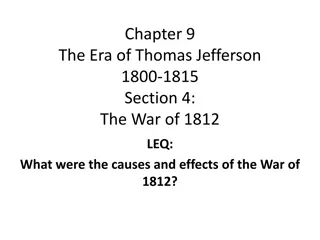Understanding Political Incentives: Manipulation and War
Politicians may manipulate policies and even start wars to win reelection, exploiting voters' rationality and information gaps. A model explores how Presidents must showcase skills in managing the economy and foreign affairs, potentially leading to war initiation in times of economic crisis. The dynamic between voters' perceptions and politicians' strategic behavior is complex and impactful on decision-making.
Download Presentation

Please find below an Image/Link to download the presentation.
The content on the website is provided AS IS for your information and personal use only. It may not be sold, licensed, or shared on other websites without obtaining consent from the author. Download presentation by click this link. If you encounter any issues during the download, it is possible that the publisher has removed the file from their server.
E N D
Presentation Transcript
If politicians have an incentive to manipulate the economy to win reelection might they also not manipulate other policies to win reelection? Might politicians even start a war?
9/11 Attacks Start of the Gulf War Capture of Saddam Hussen
A simple model of politics is that voters are easily fooled into rallying round the flag or supporting the President whenever there is an international crisis. A President in trouble in the polls then starts a war in order to take advantage of the foolish voters. Economists are unhappy with models of this sort. In economics we tend to assume that voters are rational and reasonably well informed. Hess and Orphanides create a model of politics in which Presidents and voters are both rational and well informed and even so it is still sometimes in the interests of a President to start a war. To make things even more difficult H&O assume that voters never want to go to war.
We assume that President's have two primary tasks, looking after the economy and managing foreign affairs. These tasks requires different types of skills. President's skill at handling the economy=Ep, e.g. Ep[0,10]. President's skill at handling wars is indicated by Wp. Neither President's nor voters know a President's skill levels until after his first term. If the economy does well then voters assume the President has a high Ep, if wars are handled well they assume he has a high Wp and the reverse if things go badly.
Since voters don't know the skill levels of a challenger to the President they assume that the challenger has average skills in both domestic and foreign affairs. ie. that Ec=5 and Wc=5 and therefore Ec+Wc=10. To get reelected President's need to show they are better than challengers ie. that Ep+Wp>Ec+Wc or Ep+Wp>10.
If the economy is doing badly, Presidents know that voters will assume that their domestic skills are low Ep=3 for example. Thus if the economy is doing badly then to win reelection the current President must prove that his foreign skills are high (the President needs at least Wp=7). But President's can't prove their war handling abilities are high unless there is a war. Thus if an unavoidable war has not occurred President's may wish to start an avoidable war to prove that their skills are high.
One additional twist. Suppose that the President is in his last term of office. By law he cannot run for President again. He has, therefore, no incentive to start an avoidable war. In the last term, therefore, a President will always seek to avoid as many wars as possible. Voters know this. All else equal, therefore, an incumbent President has an advantage over a challenger.
Hess and Orphanides define a war as an international crisis in which the United States is involved in direct military activity that results in violence. Reagan's bombing of Libya, the invasion of Grenada and Panama, all count as wars under this definition. So does the Tet offensive under Johnson because although the Vietnam war was well underway this was a chosen increase in the scale of the war and thus an opportunity to indicate war handling ability. Second, we need some measure of when Ep is low. We assume that Ep is low whenever there is a recession. Recessions are measured using a variety of different ways for example using the standard National Bureau of Economic Resarch definition (NBER), times when the growth of GNP is below average (RGNP), times when unemployment is above average UN etc.
Wars will be more likely in a first term when there is a recession than in a second term or in a first term when there is no recession. In a second term or a first term with no recession we know that a President has no incentive to start an avoidable war, thus, if a war does occur it's unavoidable. Hess and Orphanides count up all the wars which occurred in a President's second term or in the first term when there is no recession - this lets them calculate the yearly probability of an unavoidable war. They then count up the number of wars in a President's first term when there is a recession and compare. Are there more wars on average in a President's first term when there is a recession compared to other terms? Is the difference statistically significant?
